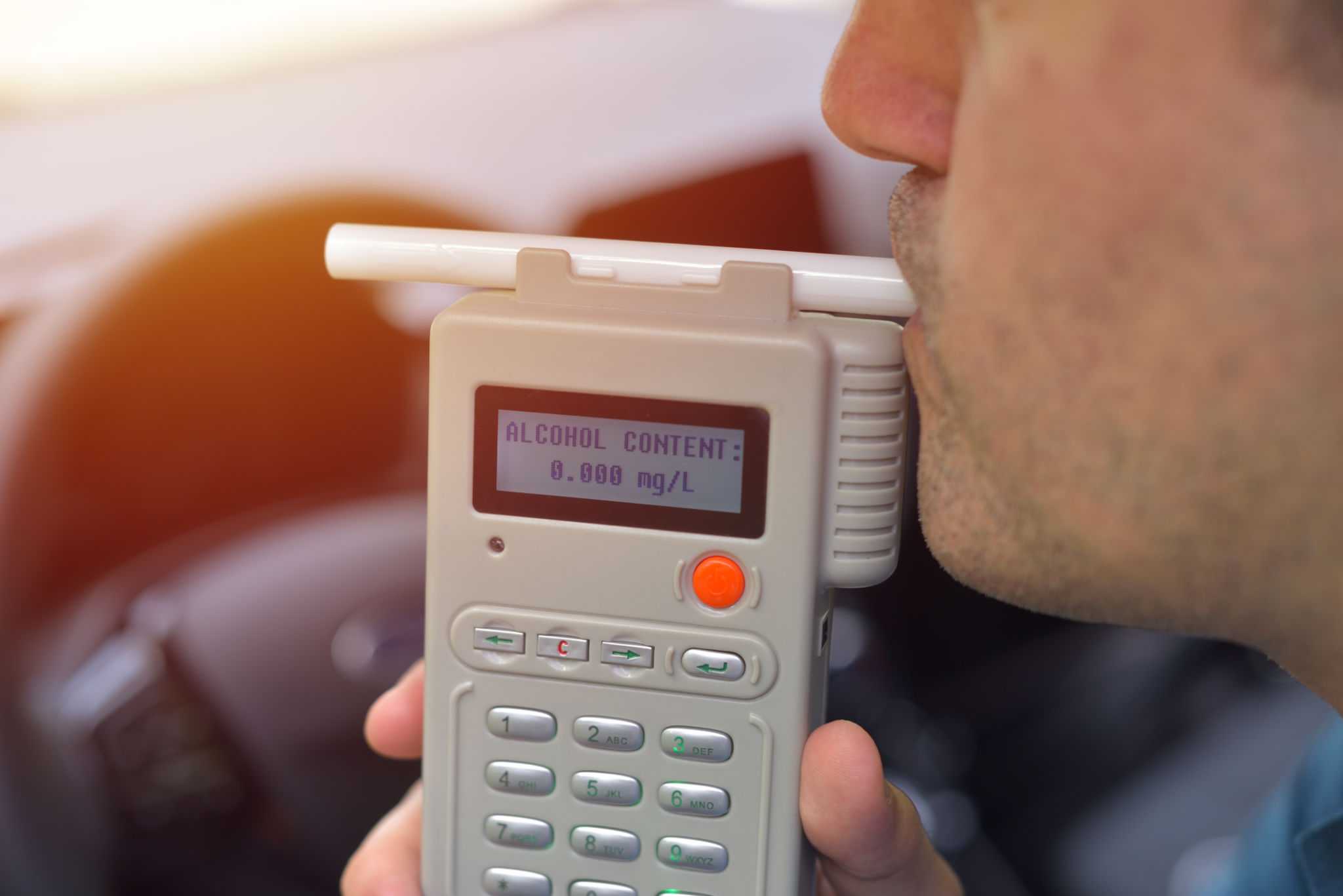Understanding Alcohol Testing Services: What to Expect and How They Work
Understanding Alcohol Testing Services
Alcohol testing services play a critical role in various settings, from workplaces to law enforcement. These services are essential for ensuring safety and compliance with regulations. Understanding how they work and what to expect can help individuals and organizations make informed decisions when it comes to alcohol consumption and testing policies.

Types of Alcohol Testing Methods
There are several methods used to test for alcohol presence in the body. Each method varies in terms of accuracy, detection window, and invasiveness:
- Breathalyzer: This is the most common method, offering a quick and non-invasive way to measure blood alcohol concentration (BAC) through a person's breath.
- Blood Test: This method is highly accurate and is often used in legal situations. It measures the exact amount of alcohol in the bloodstream.
- Urine Test: While less invasive than a blood test, urine tests can provide information about alcohol consumption over a longer period.
- Saliva Test: Similar to breathalyzers, saliva tests are non-invasive and provide relatively quick results.
The Process of Alcohol Testing
While the process may vary slightly depending on the method used, there are common steps involved in alcohol testing:
- Preparation: The individual is informed about the testing procedure and any necessary preparations, such as abstaining from eating or drinking before the test.
- Sample Collection: Depending on the method, a sample is collected. For breathalyzers, this involves blowing into the device; for blood tests, a blood sample is drawn.
- Analysis: The collected sample is analyzed using specialized equipment or sent to a lab for detailed examination.
- Results Interpretation: Results are compared against legal or organizational standards to determine compliance or intoxication.

Legal and Workplace Implications
Alcohol testing has significant implications both legally and within workplace environments. In legal contexts, testing can be used as evidence in cases of suspected driving under the influence (DUI) or other offenses. In workplaces, especially those involving safety-sensitive tasks, regular alcohol testing can be a part of maintaining a safe work environment.
Organizations often implement alcohol testing policies to ensure productivity and safety. These policies need to be clear, legally compliant, and consistently enforced to be effective. It's crucial for employees to understand these policies and their rights regarding alcohol testing.
Preparing for an Alcohol Test
If you're required to undergo an alcohol test, there are certain steps you can take to prepare:
- Understand the Procedure: Familiarize yourself with the type of test you'll be taking and any specific instructions provided.
- Avoid Alcohol Consumption: Refrain from consuming alcohol for at least 24 hours before the test to ensure accurate results.
- Communicate Concerns: If you have health conditions or concerns that may affect the test, discuss these with the administrator beforehand.

The Future of Alcohol Testing
As technology advances, so do methods of alcohol testing. Emerging technologies aim to provide even more accurate, faster, and less invasive testing options. These innovations could enhance safety measures in both public and private sectors.
The integration of digital tools and mobile applications into testing processes is also on the rise, offering real-time data collection and analysis. This evolution in alcohol testing technology promises improved accuracy and efficiency in managing alcohol-related risks.
In conclusion, understanding alcohol testing services is essential for navigating legal obligations and maintaining safe environments. By being informed about the different methods and processes, individuals and organizations can better prepare for and manage alcohol-related situations.